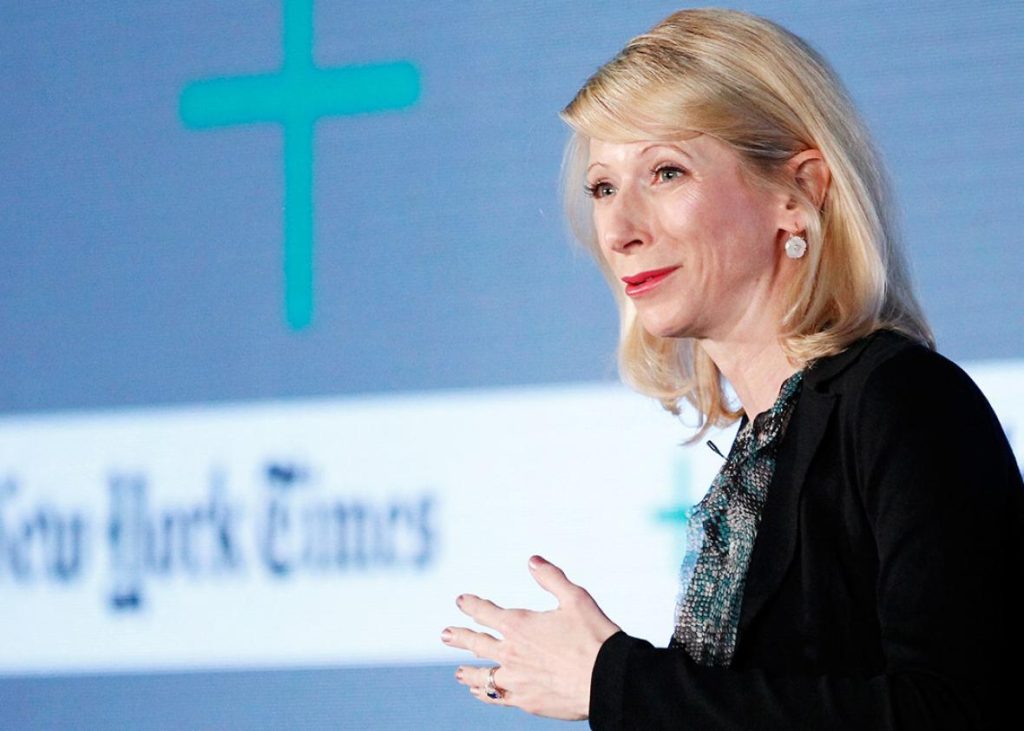- Name: Amy Cuddy
- Current Age: 49
- Occupation(s): Social Psychologist, Author, Speaker
- Date of Birth: July 23, 1972
- Place of Birth: Pennsylvania, USA
- Nationality: American
- Parents: Not publicly disclosed
- Siblings: Not publicly disclosed
- Spouse: Not publicly disclosed
- Children: Not publicly disclosed
- Net Worth: Estimated at $3 million in 2024
- Source of Wealth: Books, Speaking Engagements, Academic Career
- Ventures: Co-founder of Citizen Confidence Project
- Ethnicity: Caucasian
- Height: 5’8" (173 cm)
- Notable Works: "Presence: Bringing Your Boldest Self to Your Biggest Challenges"
Early Life and Education
Amy Joy Casselberry Cuddy was born on July 23, 1972, in Robesonia, Pennsylvania. She graduated from Conrad Weiser High School in 1990. Cuddy earned a Bachelor of Arts in psychology, graduating magna cum laude from the University of Colorado in 1998. She then attended the University of Massachusetts Amherst before transferring to Princeton University, where she received a Master of Arts in 2003 and a Doctor of Philosophy in 2005 in social psychology.
Academic Career
Cuddy began her academic career as an assistant professor of psychology at Rutgers University from 2005 to 2006. She then moved to the Kellogg School of Management at Northwestern University from 2006 to 2008 before joining the Harvard Business School from 2008 to 2017. During her time at Harvard, Cuddy taught courses in negotiations, leadership, power and influence, and research methods. She also contributed to the executive education programs at Harvard Business School.
Research and Contributions
In 2002, Cuddy co-authored the proposal of the stereotype content model, which aimed to explain how individuals make judgments of other people and groups based on warmth and competence. In 2010, Cuddy, along with Dana Carney and Andy Yap, conducted an experiment on power posing, which gained widespread attention. However, subsequent research questioned the validity of the original findings, leading to debates in the scientific community.
Power Posing Controversy
The concept of power posing, as advocated by Cuddy, gained popularity after the publication of her book "Presence: Bringing Your Boldest Self to Your Biggest Challenges" in December 2015. The book focused on projecting one’s authentic self through the practice of power posing and the concept of presence. While the book became a bestseller and was translated into multiple languages, the controversy surrounding the scientific validity of power posing continued.
Current Work and Impact
Despite the challenges and controversies surrounding her work on power posing, Amy Cuddy remains an influential figure in the fields of social psychology and self-improvement. She continues to conduct research and contribute to the academic community through speaking engagements and writing. Cuddy’s journey from a small town in Pennsylvania to a renowned social psychologist and author serves as an inspiration to many aspiring researchers and individuals seeking personal growth and empowerment.
Financial Insights:
As of 2024, Amy Cuddy’s net worth is estimated to be around $3 million. The primary sources of her income stem from book sales, speaking engagements, and her academic career. Cuddy’s book "Presence" has been a commercial success, contributing significantly to her wealth. Additionally, her sought-after keynote speeches at conferences and corporate events command substantial fees, further adding to her financial success.
Cuddy’s academic background and research expertise have also led to consulting opportunities with major corporations and organizations seeking to improve leadership effectiveness and employee performance. These diverse income streams have enabled Cuddy to build a solid financial foundation while continuing to make a meaningful impact through her work.
Insights and Expert Opinions:
Amy Cuddy’s work has not only reshaped the way people perceive the influence of body language but has also inspired individuals to adopt more confident postures in their daily lives. Experts in the fields of psychology and leadership development often cite Cuddy’s research as transformative, emphasizing the importance of nonverbal cues in shaping one’s self-perception and interactions with others.
Cuddy’s ability to translate complex psychological concepts into practical tools for personal empowerment has resonated with audiences worldwide. Her unique blend of academic rigor and relatable storytelling has made her a trusted authority on topics related to self-confidence, authenticity, and resilience.



